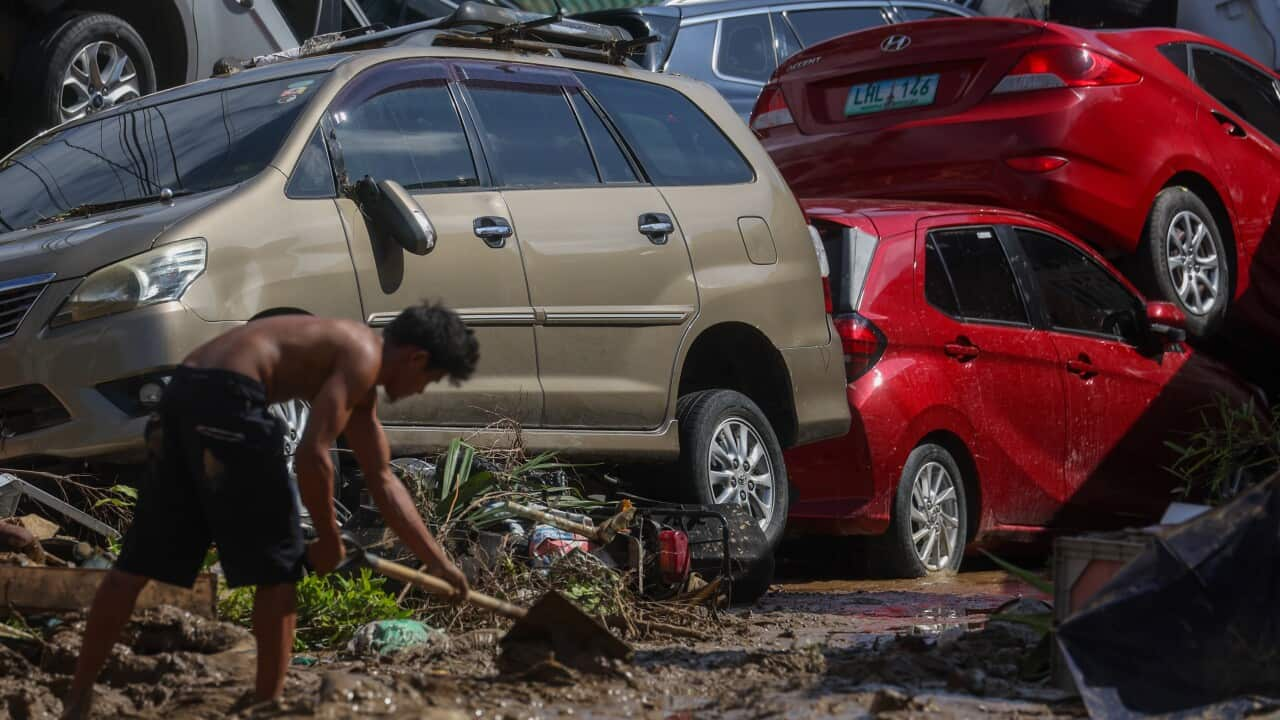The Norwegian medical regulator reported 29 nursing home residents experienced side effects, including 13 who died.
Speaking to EuroNews, the Chief Physician from the Norwegian Medicines Agency, Steinar Madsen says this should not cause alarm.
"This is not frightening. We expected to have some deaths in the nursing homes and this is only 13 cases out of 30,000 patients so it's very, very rare. So people don't have to be afraid of the vaccination."
Highlights
- Australian health authorities will examine the vaccine reactions from Norway
- The patients who died were over the age of 80
- Federal health minister Greg Hunt says there's no change to the government's vaccine roll-out plan
He says doctors in Norway are now being instructed to make additional evaluations for frail elderly patients, to determine whether they are well enough to take the vaccine.
"It's very difficult to standardise this. This will be a decision made by the attending physician, the nurses, the relatives and the patient itself.
And what we also say is if you have patients who are very frail, very sick and have a short remaining life span, you should do some extra-evaluation of the appropriateness of vaccinating these patients."
Australia's Department of Foreign Affairs and Trade s seeking advice directly from the Norwegian government on the issue.
Australia has an agreement for an initial supply of 10 million doses of the Pfizer vaccine, which is enough for five million people to get two doses of the vaccine.
Acting Prime Minister Michael McCormack says other arrangements are also being made to ensure safety is the priority.
Federal Health Minister Greg Hunt says the public can trust advice from Australia's own medical regulator, the Therapeutic Goods Administration
"I have been in contact with the Australian medical regulator, the TGA, and requested that they seek additional information, both from the company, but also from the Norwegian medical regulator.
Safety is Australia's number one priority, and so, we'll continue to follow the processes of the medical regulator, because that's going to keep Australians safe and ultimately provide confidence."




